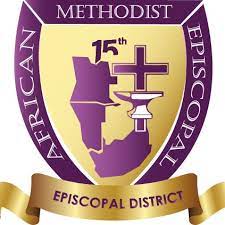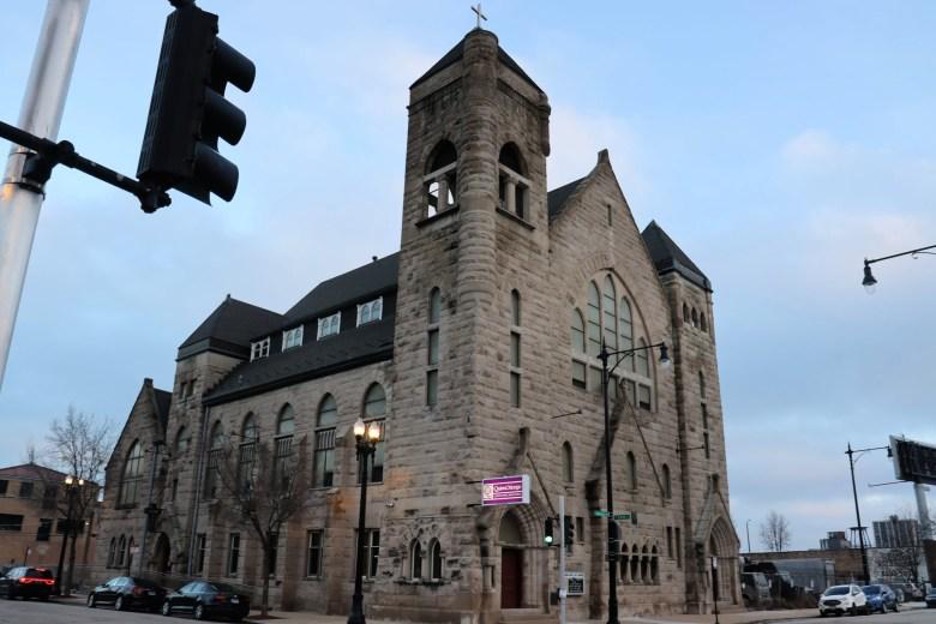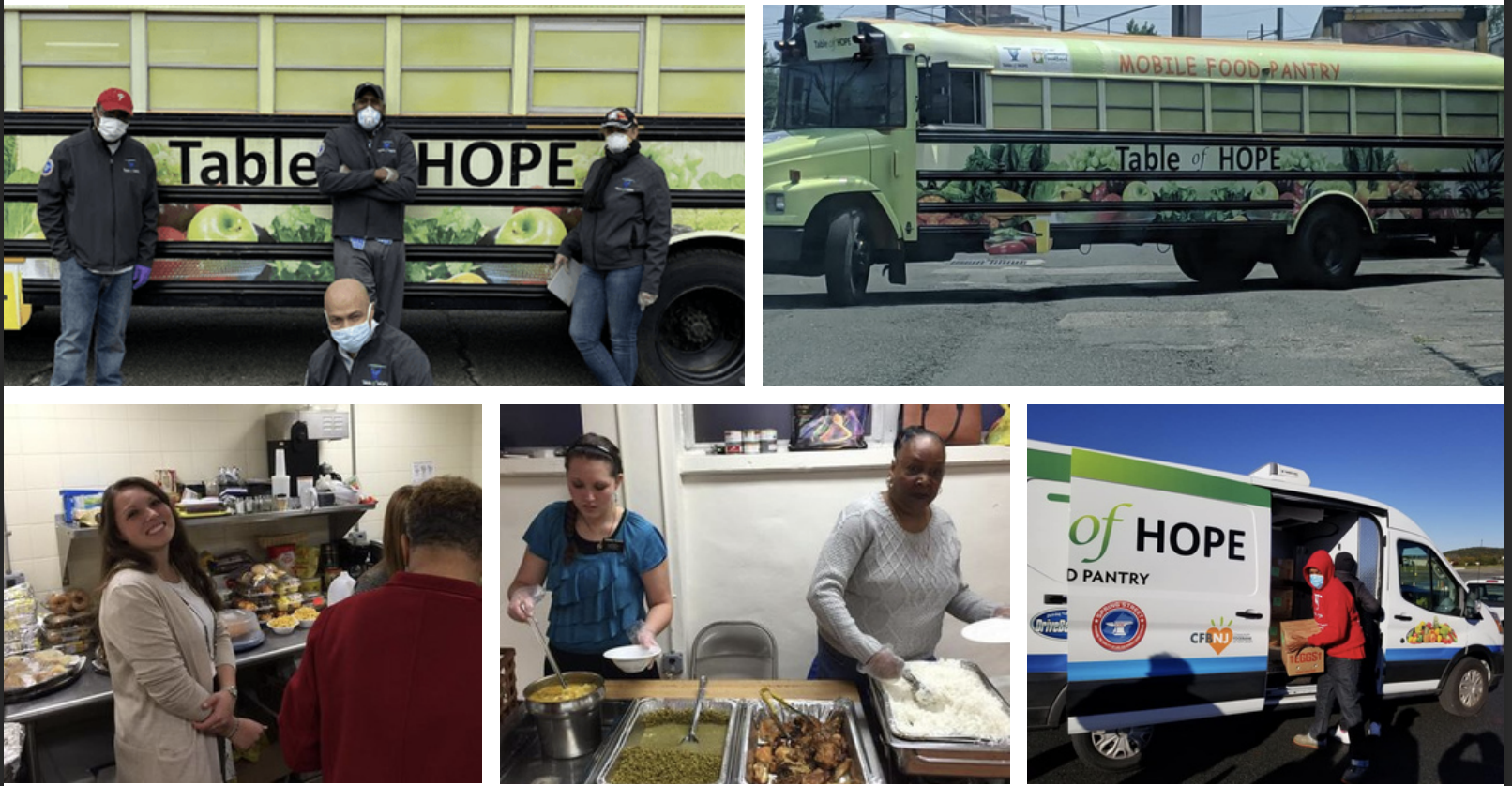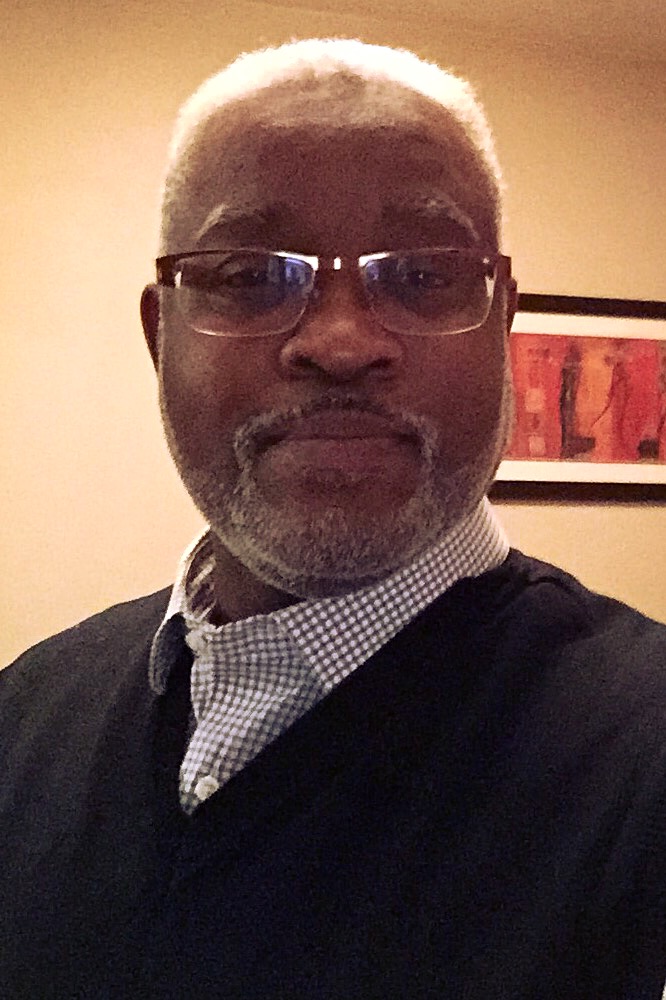The Roles Of Women In Our Society
By Bro. Melvin Esau
As we just come from a period where we advocated for no violence against women and children and observed World AIDS Day on the 1 December, I would like to draw our attention to the roles of women in our society.
What is the role of women in society?
Why are we interested in this question? Is there anything special about women that makes us pose this question? Is the role of a woman different from that of a man?
This question is one of the most important questions we can ask ourselves today. Something happened pre- and post-democracy that makes finding answers to these questions important. This question is simple but also very weighty. Oppressed women in Southern Africa have become aware of the fact that they do not have to accept their oppression. They have realized that women are not inferior to men and are entitled to equality in all domains (spheres/realms) of life. Women in Angola, Zimbabwe, Namibia, and South Africa, through the struggle for national liberation, have started to struggle for women’s liberation. We only need to recall the heroic struggles of our mothers and sisters in Crossroads, Bishop Lavis, and Elsies River–right here on our doorstep.
The main task of our women and men in South Africa is to bring freedom and liberation. One cannot be free as a woman if she is not free as a working-class person in her community, in her workplace, or in her faith-based organization (church).
Many have written about the position of working-class women in South Africa. There is a long list of laws and customs that exploit and oppress the rights of working-class women. We know from our own bitter experiencethat the majority of women are exploited in the workplace and oppressed in their communities and in their churches. They are often said to be at the “bottom of the pile.”
Historically, a person’s place was decided first and foremost by the colour of his or her skin. At least, itappeared this way. Just a few skilled jobs were available for black men and women. These people were unskilled workers, slaving away in the factories, in the mines, and on farms. Only a few could dream of becoming a teacher or a nurse, and only a handful became doctors or lawyers. They were often called the lower class of our society. Black women, simply because they were women, were placed in the lowest-paid jobs. Of these, domestic work and farm work were the most prominent. Today, while you may find working-class women in important positions, they are paid much less than men even when they do the same work.
Let me put it differently: most women are exploited and underpaid and are oppressed as a class by their communities and in the church. Their own menfolk also oppress them. They allow it to happen because men stand to gain from the situation, as prostitution is one of the most profitable businesses in many countries, such as Mozambique, and men profit in many ways from this type of oppression of women. When we speak of the struggle for liberation, we speak of the struggle against all forms of oppression. As long as one type of oppression exists, no one can be free.
Some activists are of the opinion that we must first struggle against racial oppression (apartheid) and, after that, against economic and class oppression (capitalism), and after that, against the oppression of women by men (sexism). Nothing can be more wrong with this position. Nothing can be farther from the immediate need.
What Women Have Done
For many years now, women have played a leading role in the day to day struggles of our people. Whether on the shop floor, in communities, in the homes of their pampered madams and masters, or in churches. Women have shown they are equal to men in standing up for their rights against injustice and oppression. They dared to resist the Pass Laws, forced removals, the slave education dished out to their children, and the high cost of living. Politics is certainly no longer taken to be the concern of men only. Women have taken their rightful place in the struggle.
More important is that women play major roles in may aspects of society. Women are busy organising themselves in trade unions, civil society, and faith-based organisations. Women have formed groups to help each other deal with problems that women particularly face. Those groups and organisations form part of the liberation movement.
Our Task
To understand our task in the next few years, I want to ask a few questions.
Do you, as a worker, belong to a Trade Union? Do you, as a woman, belong to a Women’s Organisation? Do you, as a member of these organisations to which you belong, look at their programmes and policies to see what they says about the role of women in the struggle for liberation?
Only if you can give satisfactory answers to these questions can you feel sure that your contribution to the liberation of people. The belief that men are by nature superior to women is probably a few thousand years old. We cannot wait that long to do away with this superstition. To ensure we do not have to wait that long, we have to begin our struggle today and thus continue the struggle begun by those who have gone before us.
I hope this paper acts as a catalyst to open discussions around the Rights of Women in our Society today, especially in our churches, from the Connectional to the local church.





